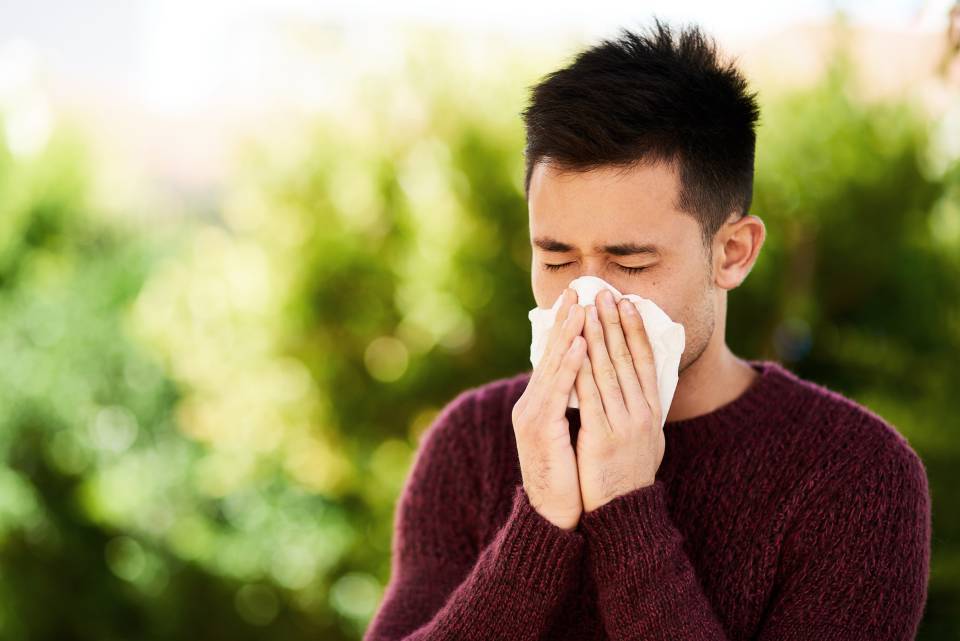A study carried out by the University of Glasgow Caledonia found that regular physical exercise is associated with a 31% decreased risk in contracting certain types of infectious disease and a 37% lower risk of mortality for these types of diseases. Participants in the study were all over 18 and had different conditions, the group included: healthy adults, people with obesity, adults over 60, people with HIV, people who had received an organ transplant, and cancer patients. Athletes and highly trained individuals were excluded as they were not representative of the general population. Studies analysing the effects of carrying out sports sporadically were also eliminated.
The results showed that practising physical exercise–including aerobic activity such as walking, running or cycling–for 12 weeks three to five times a week, for an average of 30 minutes with moderate to high intensity, strengthens the immune system. This was confirmed by an increase in the concentrations of certain cells in the immune system such as CD4+ T lymphocytes and IgA immunoglobulins, and a decrease in the neutrophil count.
Inmune response
Each of these cells has a specific function within the immune response, and changes in their concentrations are particularly relevant. First,
salivary immunoglobulin A (S-IgA) are antibodies produced by B lymphocytes that are anti-inflammatory. They play an significant role in protecting against invading pathogens in vulnerable areas such as the oral cavity, lungs and intestine. Regular physical exercise increases the S-IgA concentrations that help strengthen the mucosal barrier against pathogens and the body's first line of defence.
Second, CD4+ T lymphocytes are a type of white blood cell that help coordinate the immune response. They maximise the defence capabilities of the immune system (IS) and stimulate cells such as macrophages and other lymphocytes to fight infection. Regular physical exercise increases CD4+ levels, resulting in a faster response against possible infections.
Furthermore, there was also a decreased neutrophil count. These are the most abundant white blood cells and the first to act to clear pathogens when an infection occurs. An elevated neutrophil count is associated with chronic inflammation. An explanation for the decrease in the concentration of these cells could be that physical exercise reduces inflammation.
The results obtained in this study suggest that public health guidelines should be developed together with recommendations that promote physical activity to reduce the impact of future outbreaks, epidemics and pandemics. These guides or programmes could be used as a complement to vaccination campaigns. The data showed the beneficial effect and the need for regular physical exercise: two and a half hours per week of moderate to intense exercise for five months, prior to vaccination.
Regular exercise is known to increase protection against infectious diseases in the general population. However, the mechanisms by which physical activity influences the immune system are still not well understood and are currently being studied, but a variety of both physiological and psychological factors could be involved.




